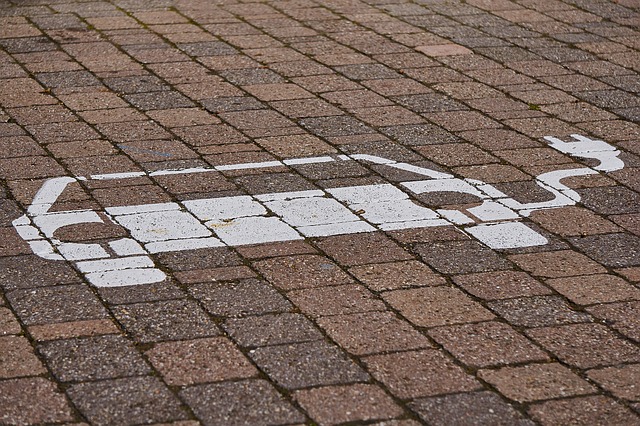The incentives will support about 400 electric vehicle purchases in the state, but advocates say that’s not nearly enough.
By Bill Opalka, Energy News Network
Vermont joined the ranks of other New England states that provide incentives for electric vehicles with Gov. Phil Scott’s signature on June 14 on a yearly transportation bill.
While acknowledging the impact will be small, advocates say the measure took important policy steps that lay the groundwork for further electric vehicle adoption that Vermont needs to address its climate goals.
“As one of the only states in New England without a statewide customer incentive for EVs, Vermont needed this to get back on track,” Renewable Energy Vermont said in a statement.
The incentive will be income-based, with most at about $2,500, and limited to vehicles with a list price of $40,000 or less.
The law supports perhaps 400 additional electric vehicles, but the state needs at least 90,000 by 2024 to support its clean energy goals.
“It’s clear there’s no magic bullet to overnight transformation of the transportation sector,” said Kevin Miller, ChargePoint’s director of public policy. “What’s clear is this bill takes not just one but many significant steps forward to make electric transportation available to everyone in Vermont.”
ChargePoint has designed and manufactured more than 58,000 independently owned stations nationwide. A major contribution of the law, Miller said, is providing regulatory certainty to the industry as it seeks to ramp up electric vehicle adoption in the state.
The measure authorizes state transportation officials to spend $2 million on the electric vehicle incentive and emissions repair programs in fiscal year 2020.
Rep. Curt McCormack, chair of the House Transportation Committee, is disappointed that even a modest $1.5 million of buyers’ incentives to support 450 purchases didn’t survive final negotiations.
“When we went through the Appropriations Committee, we only got $1.2 million and that’s just not enough to get these incentives to make a difference,” he said.
“We did this, and it did not exist before this year, so that’s good, but the money is symbolic,” he added.
Sandra Levine, a senior attorney at the Conservation Law Foundation, said the state took small but important steps to promote electric vehicle adoption.
“A lot more could, and should, be done. The incentives should be higher and regulations going forward should provide even greater support for EVs and EV charging so Vermont can phase out fossil fuel use to meet our climate change goals,” she said.
Additional policies promote easier adoption
The law also codified a previous Public Utilities Commission order that said electric vehicle charging should not be regulated like a public utility
, easing the way for third parties to enter the state and sell services to the public.
That allows charging stations to sell electricity on a kilowatt-hour basis and set rates accordingly.
The law also includes an open access requirement for publicly available electric vehicle charging stations. This means public chargers must provide multiple payment options, disclose any pricing for charging at the point of sale and provide charging to drivers without having to pay a subscription fee or obtain membership.
Vermont is also committed to having 50% of vehicle purchases or leases for state fleets be either hybrid or plug-in electric vehicles starting next month. This minimum will increase to 75% on July 1, 2021.
State agencies are also allowed to set fees for electric vehicle charging to cover its costs, or “equal to the retail rate charged for the use of electric vehicle supply equipment available to the public.”
There are about 200 charging stations in Vermont now and the state has a goal to add at least 20 more this year.
This article was first published by the Energy News Network and was reprinted with permission.





